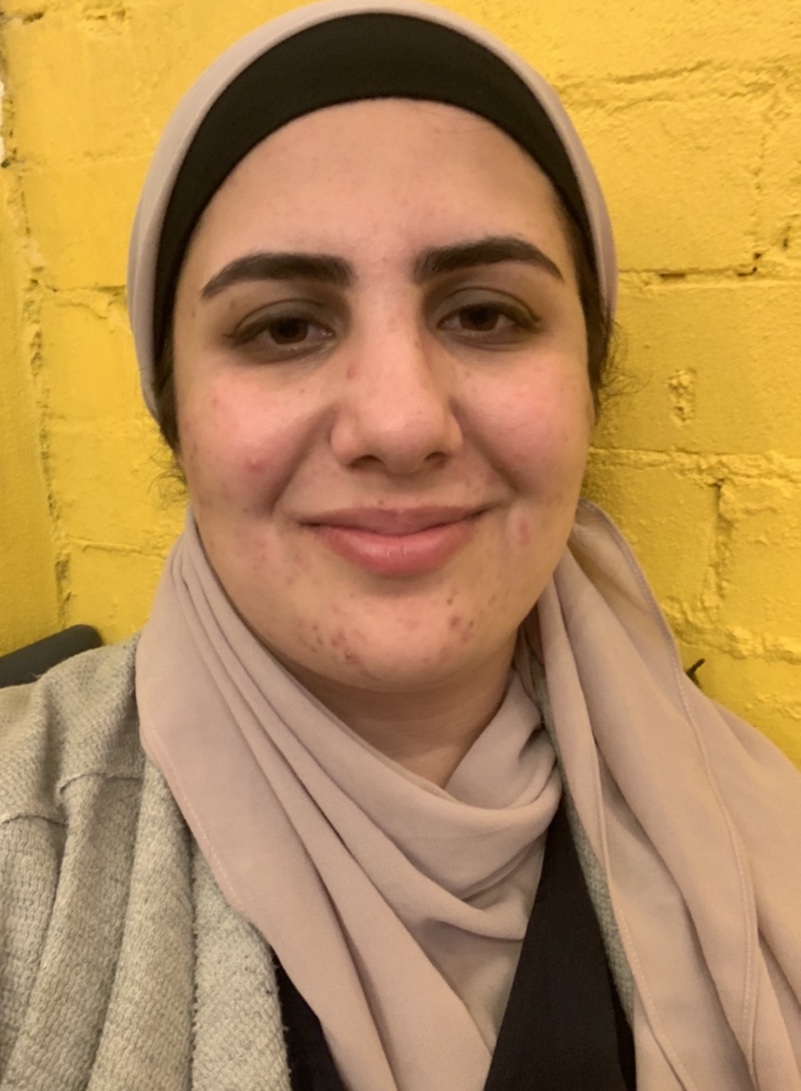 Tamana joined the indigo foundation board in February 2021. She is an Afghan Australian youth advocate who is passionate about creating spaces that support newly arrived communities in their settlement journey. Tamana arrived in Australia in 2007 from Germany, making it her final settlement country. In the past, Tamana has worked with the Afghan Women Educational Centre in Kabul, the Lebanese Muslim Association, the Community Migrant Resource Centre, The Refugee Council of Australia and Shakti NSW Refugee and Migrant Women Support Group on various initiatives including education, employment and health. In 2019, Tamana was awarded the Refugee Council of Australia and STARTTS Humanitarian Youth Award. We’re really excited to have her expertise and experience as part of our board.
Tamana joined the indigo foundation board in February 2021. She is an Afghan Australian youth advocate who is passionate about creating spaces that support newly arrived communities in their settlement journey. Tamana arrived in Australia in 2007 from Germany, making it her final settlement country. In the past, Tamana has worked with the Afghan Women Educational Centre in Kabul, the Lebanese Muslim Association, the Community Migrant Resource Centre, The Refugee Council of Australia and Shakti NSW Refugee and Migrant Women Support Group on various initiatives including education, employment and health. In 2019, Tamana was awarded the Refugee Council of Australia and STARTTS Humanitarian Youth Award. We’re really excited to have her expertise and experience as part of our board.
- What led you to this role with indigo?
After returning from Afghanistan last year during COVID-19, I was looking for ways to continue to be involved in international development and the humanitarian sector. My previous role was at the Afghan Women Educational Centre in Kabul, Afghanistan. As the program manager I focused mainly on gender transformative change and capacity building for communities in rural Afghanistan. Through this experience I learned a lot about the different dynamics that are in play in the intervention process of development. When I come back to Australia, I wanted to continue to learn more about the field whilst at the same time extend my leadership skills.
- Your lifeand work has exposed you to issues of inequality and social change across different countries and communities. What is one of the most valuable lessons you have learned?
There are many ways I could answer this question, but I believe what stood out for me during my experience is to listen more and then act. By this I mean it is so important for any development work and intervention process to acknowledge the needs of local communities. More often I see in the sector lots of desk-based research undertaken to deliver projects and programs for communities. This often fails to acknowledge the different needs of communities and without consultation how can you assess what needs to be solved? In all my work I always like to emphasise a localised approach to development. It’s really important to think about how your intervention will affect the lives of those you are serving. Making assumptions and using desk-based research to develop an initiative is not sustainable.
- In your experience, what is one of the biggest challenges facing global development today?
Definitely gender equality and the intersection of poverty. It is obvious that, for an economy to thrive, all members of a society ought to be given opportunities to participate in employment. From access to education to human rights, more often gender plays a significant role distinguishing those with and without access. Despite some progress in recent years, in no country have women achieved economic equality compared to men.
- What are you most excited about for your time as an indigo foundation board member?
I am thrilled to be part of the important work indigo undertakes with communities abroad. And, at the same time, I look forward to sharing my learning experience working in international development and in the settlement sector here in Australia with newly arrived communities. I see a lot of potential in growing Indigo’s engagement with diaspora communities in Australia and I am excited to be part of this important work.
